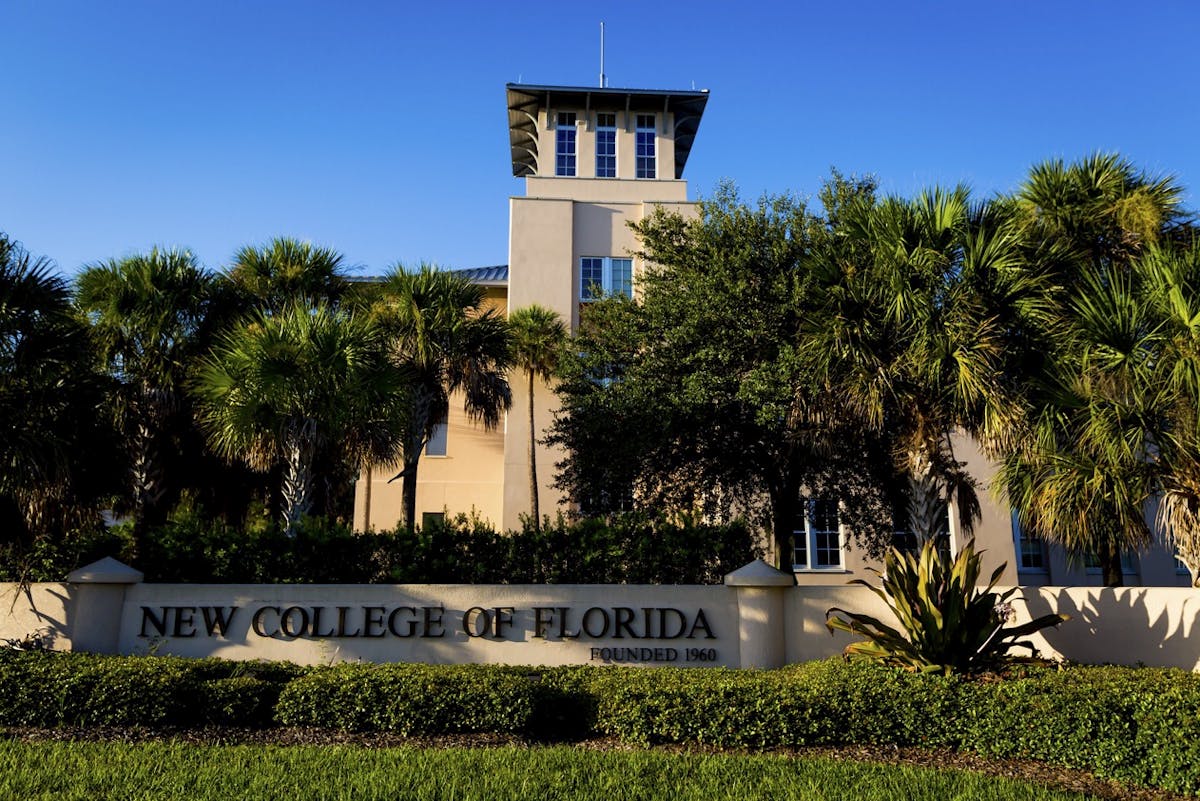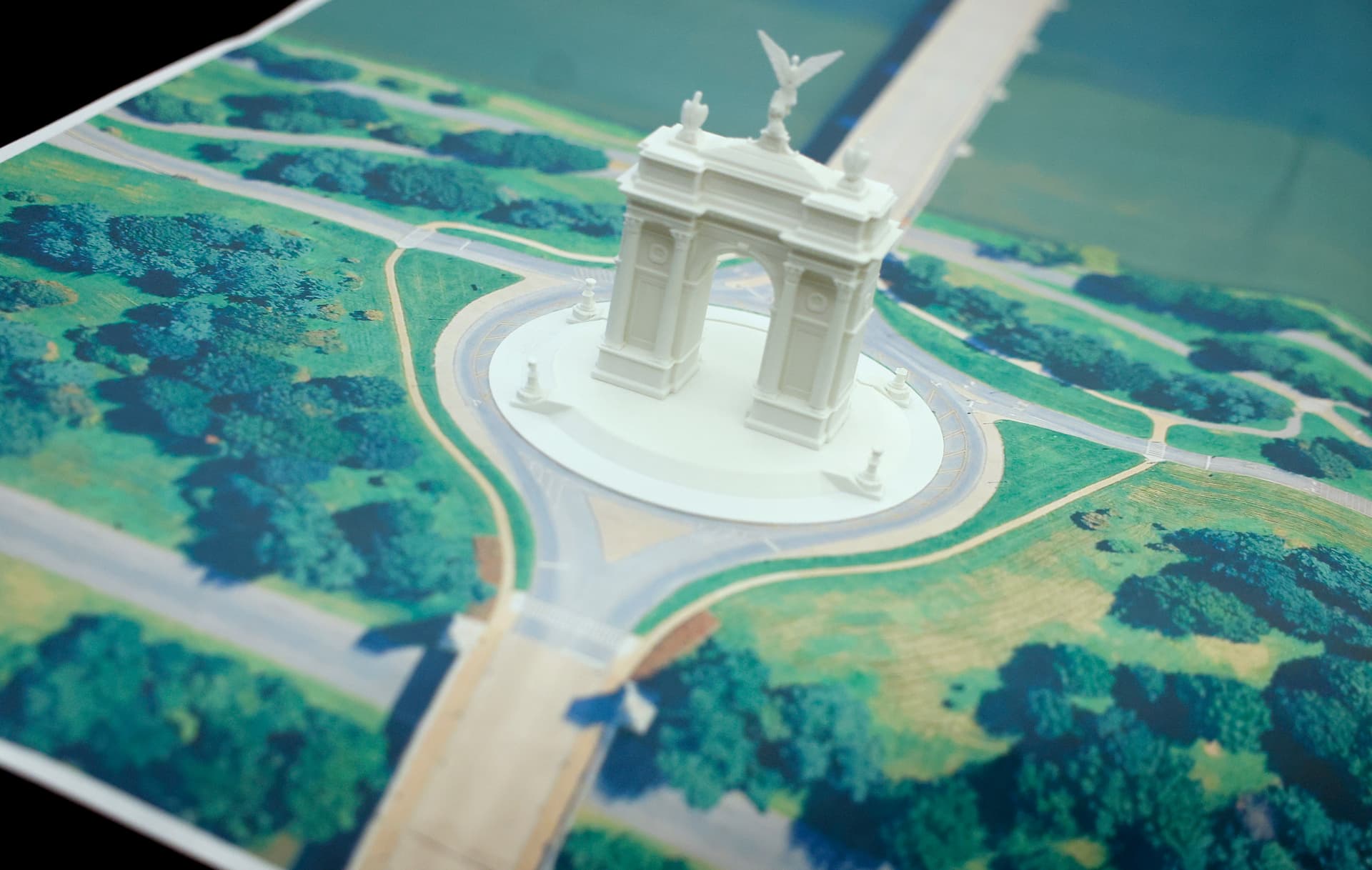
Could the Supreme Court’s Tariff Decision Be Applied to the Fed?
By THE NEW YORK SUN
|What’s so radical about a classical liberal education?

Already have a subscription? Sign in to continue reading
$0.01/day for 60 days
Cancel anytime
By continuing you agree to our Privacy Policy and Terms of Service.

By THE NEW YORK SUN
|
By GEORGE WILLIS
|
By CARL ROLLYSON
|
By MARIO NAVES
|
By LUKE FUNK
|
By BRADLEY CORTRIGHT
|
By LUKE FUNK
|
By TOM TEODORCZUK
|